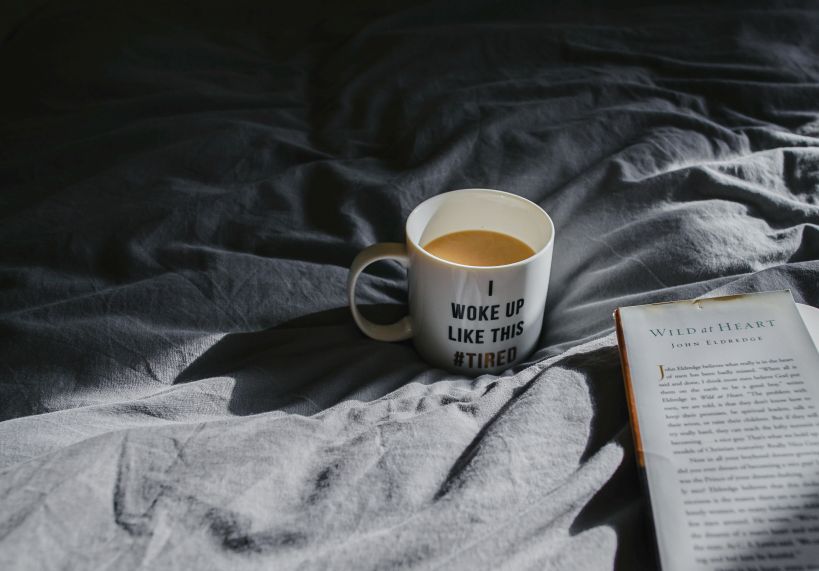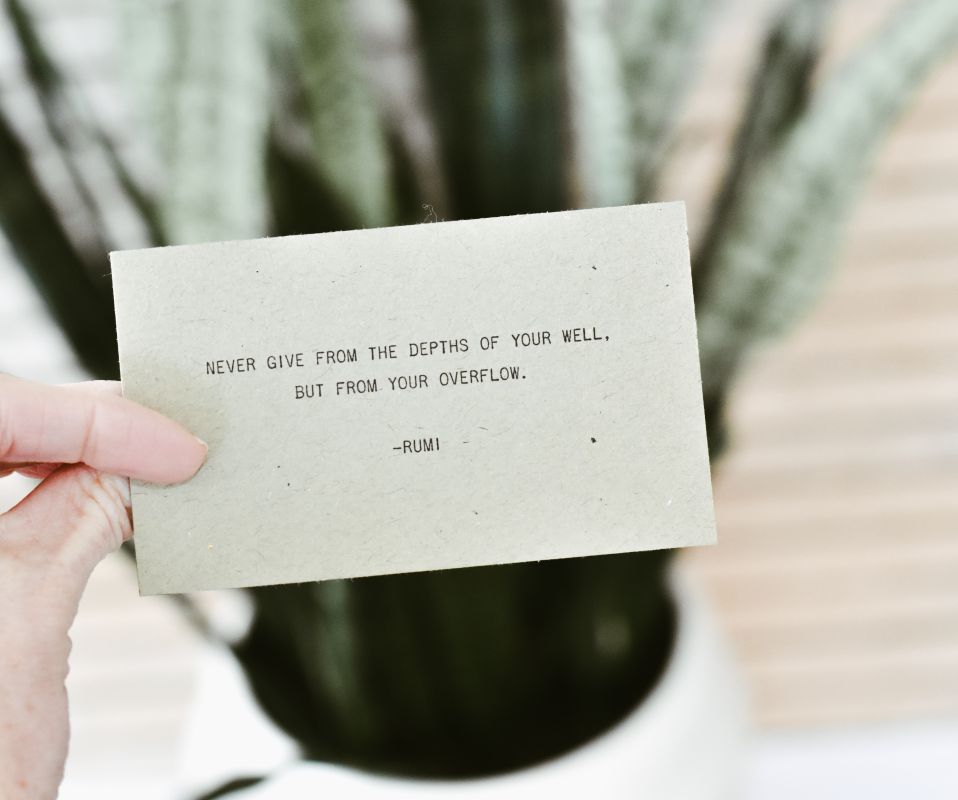
Recently I watched a TED talk on the importance, actually- the absolute necessity of sleep and it has really stuck with me. Sleep is one of the best things you can do for your body but it doesn’t seem to be on the top of a lot of people’s priorities.
I touched on the importance of sleep in my recent blog ‘Self Care: Mind, Body and Soul’ but after watching the TED Talk by Matthew Walker- I wanted to learn more.
Matthew Walker PHD wrote ‘Why We Sleep: The New Science of Sleep and Dreams’ and for the first time in years I made my way to the local library to check his book out.
In one passage he describes sleep as if it were the latest craze…
“Scientists have discovered a revolutionary new treatment that makes you live longer. It enhances your memory, makes you more attractive. It keeps you slim and lowers food cravings. It protects you from cancer and dementia. It wards off colds and flu. It lowers your risk of heart attacks and stroke, not to mention diabetes. You’ll even feel happier, less depressed, and less anxious. Are you interested?”
And, well, quite simply – yes I am! But as we all know there are times when it just isn’t the easiest thing to get hold of…! Sometimes it alludes us completely or it can be the first thing to skimp on if we are busy, stressed or even if we are enjoying ourselves. As we move (slowly) into the Great British Summer our nights draw out (and if you are anything like me), we become even greedier about our sunny evenings and our bed times get later and later.
What is scary about Matthew Walker’s book and TED talk, is the realisation that so many of us are just not getting enough sleep- and with huge consequences to our health.
Walker does portray a rather bleak modern society, which in various ways is actually damaging, what he calls our ‘cultural sleep norms’. Of course, a lot of them revolve around technology and its steady intrusion into our everyday lives. I am guilty of taking myself off to bed, and then browsing on my phone for a good fifteen to twenty minutes (mostly in the dark with the glow of blue light from my phone screen reflecting in my sleepy face), before finally putting it down and going to sleep.
Walker talks about our ‘right to a full night’s sleep’ and he means between seven and eight hours. Eight hours ideally. I am sure that sounds luxurious and quite impossible to most people. But our sleep is absolutely vital. A good, long night’s sleep will not only help but is the very foundation to ALL of our fundamental needs.
It is our super power.
Sleep is essential for many functions of the brain and body, including but not inclusive to; a healthy body, effective memory, problem solving skills, acute attention and a strong immune system. Lack of sleep has proven links to dementia, raised blood pressure, heart disease, stroke, cancer and accidents/injuries.
A lack of sleep contributes to all of our most widespread causes of illness and death.
Walker goes even further in his warning;
“I was once fond of saying, ‘Sleep is the third pillar of good health, alongside diet and exercise.’ I have changed my tune. Sleep is more than a pillar; it is the foundation on which the other two health bastions sit. Take away the bedrock of sleep, or weaken it just a little, and careful eating or physical exercise become less than effective.”
He shares that his studies over the last ten years have also compounded the discovery that sleep is absolutely essential for hitting ‘the save button’ on any learning or memories. Sleep enables your brain to learn and receive new memories- without sleep our memory circuits become clogged and cannot absorb new information. I wish I had known this before pulling many ‘all-nighters’ before exams and essay due-dates at University!

We also need to acknowledge the quality of our sleep and what happens to our brain during the deepest stages of sleep. Recent studies have discovered that only within the hours of ‘deep’ or REM sleep do we see significant and powerful bursts of electrical activity, called sleep spindles. Walker explains that it is the quality of these deep-sleep brainwaves that allows a ‘file-transfer mechanism at night’. It gives our brains the power to sort and organise our memories. To move them from the most vulnerable parts of our brain into safer and more permanent parts of our brain.
One of the points that interested me the most was the progression of Walkers’ work into the context of aging and dementia. The link that- as we get older our learning and memory abilities decline, but also as we age, our sleep and the quality of that sleep declines as well. These two factors are completely interrelated and suggest a connection in disrupted sleep and cognitive decline. What is optimistic about this connection to sleep, is that while Alzheimer’s and Dementia are notoriously hard to treat- with this discovery and knowledge we may be able to make a difference.
Walker is first and foremost a scientist and he has keenly been developing his theory and at his sleep centre has discovered that by inserting a small amount of voltage into the brain it has a measurable impact. He has found that if you apply this stimulation during sleep to young, healthy adults in line with their deep-sleep brainwaves you can amplify their size and as a result almost double the memory benefit received from sleep. The hope is that this can be applied with the same effect to older people and those with memory problems.
Regularity of sleep is another factor that is often under appreciated. Working shifts can make a regular sleeping pattern difficult, but it is one of the best things you can do to help encourage sleep and encourage the best kind of sleep. So think about going to bed and waking up around the same time every day, no matter if it is a work day or not.
Sleep is not a luxury or worse the symptom of a lazy lifestyle but as Walker puts it ‘a non-negotiable biological necessity’.
He concludes his TED talk with the statement,
‘It is your life-support system, and it is Mother Nature’s best effort yet at immortality. And the decimation of sleep throughout industrialized nations is having a catastrophic impact on our health, our wellness, even the safety and the education of our children. It’s a silent sleep loss epidemic, and it’s fast becoming one of the greatest public health challenges that we face in the 21st century.’
It is so difficult to fully comprehend the importance of our most regular habit, and Walker’s TED talk and book have certainly helped, ironically open my eyes. Of course, so many of our social norms get in the way of our sleep, but I implore you firstly to watch the talk or read the book (or both!) and secondly- get more sleep.
Your body needs it, even if you don’t realise it.



